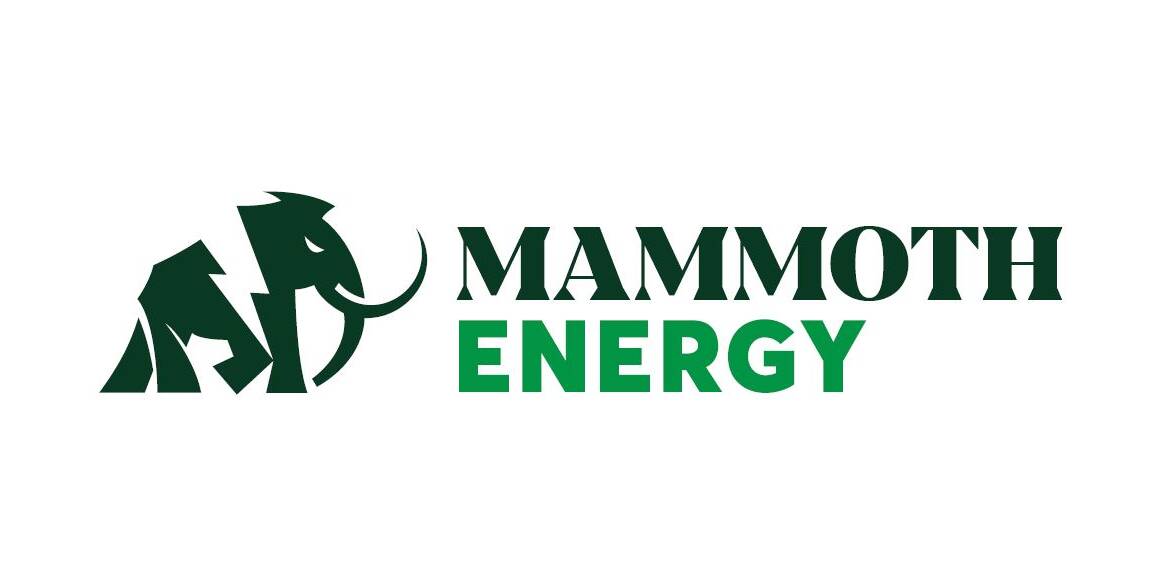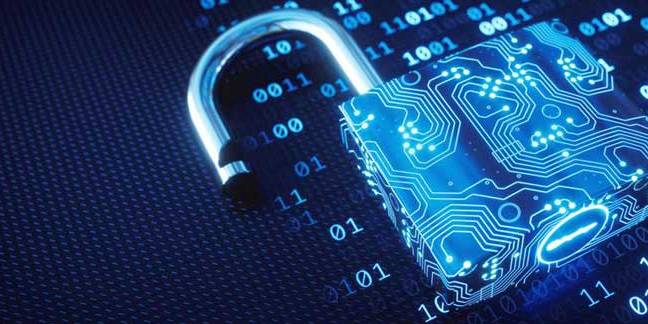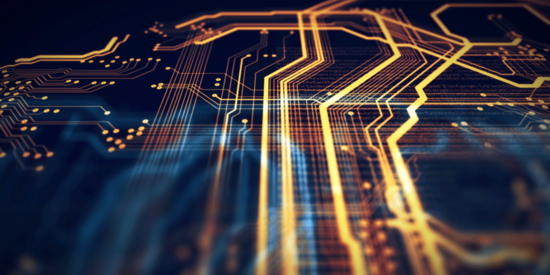by Ypatios Moysiadis
Article initially posted on cleantechgeek.com
Accelerated by the financial meltdown at the end of the previous decade, a growing demand for safe and cheap energy generation and the increased demand for green products and services by aware, informed consumers, the craze over sustainability is just as difficult to grasp as a hieroglyph. Looking at the extreme weather phenomena and the natural disasters over the last few years and also everything that comes out of the international Climate Change conferences COP21 and COP 24 it makes you wonder, is there a word more used and less understood than the S-word?
As experts and analysts, we ask ourselves the odd question every day: What is sustainability? Who produces it? Where can I “buy some”? Also, we help our clients reflect on their own problems: What does it have to do with my business? Does it make my knowledge current or obsolete?
In my experience sustainability is neither a vertical industry nor a product. We can’t bottle it and sell it – although some may try. Instead, sustainable thinking involves continually setting and re-evaluating the way we work: it is process-driven; it spreads its wings horizontally across all economic and cultural layers of society, touching everything we do. In short, sustainability is about solving today the problems that our imminent choices may cause tomorrow. You don’t have to look far, just observe how we adapt electrification to our lives, how transportation and increased ethical driven consumerism is changing our habits.
There is no doubt that trying to measure the future shadow cast by ALL our choices over a timeline can be a daunting task. However, no matter how complex, sustainability is the defining force behind 21st-century economic development and is here to stay. We will learn to live with it as we did with ICT, information & communication technology, and the transition to a sustainable state of mind will be no more difficult than learning to turn on our laptops instead of sharpening our pencils. In fact, we are really going to love it. One day sustainable thinking is going to be comparable to computer literacy. Moreover, just like ICT brought increased productivity and decreased manufacturing and communication costs, sustainability is already bringing about many tangible benefits.
For starters, sustainable thinking is free and sustainable processes tend to be cheaper. In operational terms investing to reduce waste means reducing costs. A product with fewer parts that ships in smaller packaging and take less time to assemble or disassemble costs less to produce. So where is the catch, you may ask? Why are other players in my industry so slow in adopting sustainable design, operation and process standards?
Most of the awkwardness has to do with us, people. No one likes being outdated. New standards and new materials imply working with new knowledge and different providers. So cutting down on waste may also mean cutting down on existing relationships. Without innovation, the existing ties in most professional networks will not be able to preserve their current net worth. So let’s face it: to be more sustainable, we are all going to have to change the way we do things and with whom! The transition to a sustainable lifestyle is no longer an academic argument. It’s a necessity that can be realised by the heroes of tomorrow, the entrepreneurs who will to invent miraculous disruptive solutions, making a meaningful global impact.
I start by trying to change perceptions. I am making my stance by writing this post and this blog. Where are you going to start?
“If something is important enough, or you believe something is important enough, even if you are scared, you will keep going.”
-Elon Musk, CEO of Tesla Motors and SpaceX
Related Posts
December 20, 2020
Cybersecurity in Renewable Energy Assets – A key policy energy asset owners cannot afford to ignore!
When you are alone for days or weeks at…
November 28, 2019
Data analysis is set to transform the energy industry – 4 applications that lead this change
When you are alone for days or weeks at…




